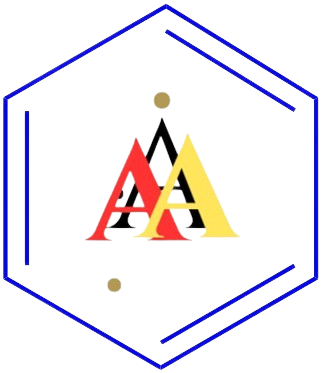About the Journal
Aims and Scope
The journal encourages original work from various views, including those that view STEM education in its more traditional, subject-based form or as an endeavor including interconnected STEM domains. Articles include new studies and critical analyses of previous ones on STEM education. Research contributions from across disciplines are encouraged.
While the journal does not impose any methodological constraints, it wants empirically founded articles, combines subject-topic expertise with educational activities, and promotes multi-disciplinary research and development. Scholars in STEM (science, technology, engineering, and mathematics) and Social Science (education, psychology, and sociology) are urged to contribute to fostering academic dialogue on new developments and cutting-edge research in STEM education. Brief reports detailing case studies or highlighting evidence-based shifts in STEM curricula or pedagogical practices in various education systems worldwide are also included in the journal.




